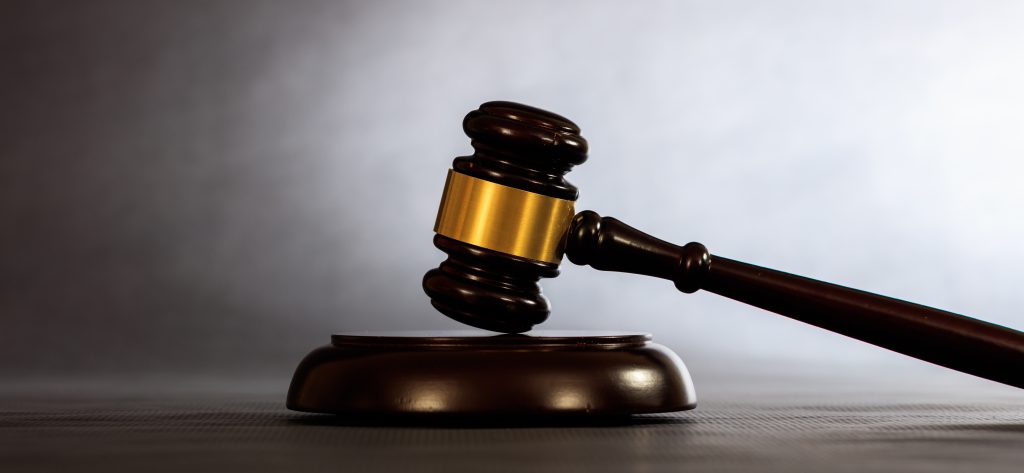How Much Does Bankruptcy Cost?

How much does it cost to file bankruptcy? Although the answers can have many variables, here are some examples of fees. Read on to learn more.
Chapter 7 Total Filing Fees: $338
- Filing fee: $245
- Administrative fee: $78
- Trustee Surcharge: $15
Re-opening a Chapter 7 filing: $260
- Chapter 13 Total Filing Fees: $310
- Filing fee: $235
- Administrative fee: $78
Re-opening a Chapter 13 filing: $235
Average Attorney Fee for Chapter 7 Bankruptcy: $1,450
A 2016 study revealed that the average national average cost was $1,450 for Chapter 7 cases. The cost depends on where the case is filed. Chapter 7 fees generally range from a low of $1,000 to high of $1,750. Of course every case is different, and a number of factors can affect the cost of your case.
Average Attorney Fee for Chapter 13 Bankruptcy: $3,000
The same study showed an average of $3,000 for Chapter 13 cases, with ranges from from $2,500 to $5,000. Chapter 13 fees are often governed by the bankruptcy court in the particular district so fees vary widely from district to district.
Factors that can add to fees include:
- Filing for a business bankruptcy as well as a personal one
- Whether you are filing jointly with your spouse or filing bankruptcy without your spouse
- You have multiple sources of income
- You have non-exempt assets
- You have numerous assets or unusual assets
- You earn more than your state’s median income for the size of your household
- Having an extensive number of creditors
- Having filed for bankruptcy before in the past eight years
- Trying to stop another legal action such as a foreclosure filing against your property, an eviction, a bank levy or a repossession of property that served as loan collateral
- Accusations that you committed fraud, or the likelihood that such accusations might be made
- You have non-dischargeable debts such as student loans, child support, alimony or past-due taxes
Attorneys almost always demand payment before service in Chapter 7 cases. They will often offer payment plans, but they won’t proceed with your case until your fees are paid.
Bankruptcy Education Courses: $50
One small fee that you mustn’t forget covers credit counseling. Completion of two credit counseling courses is required for petitioners in both Chapter 7 and Chapter 13 cases. You must consult a nonprofit credit counseling agency to arrange to take the course.
Speak With Our Bankruptcy Lawyers In Phoenix & Scottsdale
Canterbury Law Group should be your first choice for any bankruptcy evaluation. Our experienced professionals will work with you to obtain the best possible outcome. You can on the firm to represent you well so you can move on with your life. Call today for an initial consultation. We can assist with all types of bankruptcies including Business Bankruptcy, Chapter 7 Bankruptcy, Creditor Representation, Chapter 5 Claims, Chapter 13 Bankruptcy, Business Restructuring, Chapter 11 Bankruptcy, and more.
*This information is not intended to be legal advice. Please contact Canterbury Law Group today to learn more about your personal legal needs.








